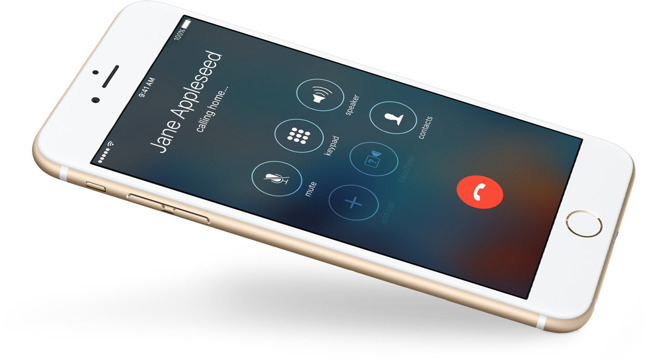Following the release of iOS 10.3.3 last month, Apple on Wednesday stopped signing code for iOS 10.3.2, effectively blocking users from downloading and installing older, potentially unsecure operating system.

Apple normally ceases code signing for legacy iOS builds roughly one month after releasing a newer version. In this case, however, it took the company exactly three weeks to halt installations of iOS 10.3.2.
In July, Apple released iOS 10.3.3 with bug fixes and security patches. The latest iOS version plugs holes that allowed a particularly nasty exploit called "Broadpwn," which allowed nefarious users to intrude and take over nearby iPhones, iPads and iPods with Broadcom Wi-Fi chips.
Along with "Broadpwn," iOS 10.3.3 takes care of discovered security threats impacting apps like Safari, Contacts and Messages, as well as base level packages CoreAudio, WebKit and the system kernel.
Apple regularly ceases code signing to prevent users from installing old, potentially buggy iOS versions following the release of a new OS. The strategy keeps users safe and ensures devices are running the most up-to-date software, thus easing potential compatibility issues with new features and software.
After today, users can only download and install iOS 10.3.3 from Apple's servers.
Beyond iOS 10.3, Apple is preparing for the release of its next-generation iOS 11 operating system due out in September.
Expected to debut alongside a host of new iPhone models, including the much-rumored "iPhone 8," iOS 11 packs in a host of improvements and backend enhancements to Siri, Apple Pay, Photos and other first-party apps and services. The forthcoming release is especially exciting for iPad owners, who will be able to take advantage of new features including drag-and-drop multitasking, deeper Apple Pencil integration and more.
Make sure to check out AppleInsider's "Inside iOS 11" series for a comprehensive look at the upcoming software.


